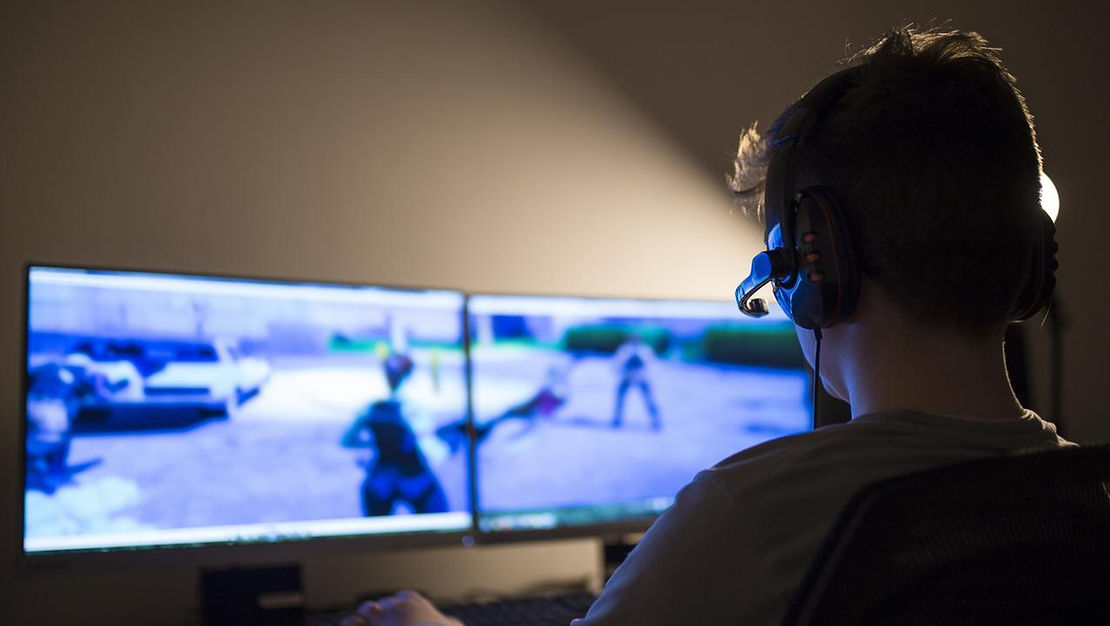By: Jenny Zhou
Gamers are at risk of experiencing Gaming Transfer Phenomenon (GTP), which can cause hallucinations due to video game addiction (KidsNews, 2023). In fact, The Royal Australian and New Zealand College of Psychiatrists has said that about 10 percent of young people in the South Pacific had Gaming Disorder (GD), and that cases have gone up since the pandemic.
GTP is believed to be related to game addiction and Gaming Disorder (GD), in which gamers are so addicted to the fact that they will even skip meals to continue playing.
Psychiatrist Kavita Seth says that this disorder begins when gamers are so addicted that they are unable to stop playing. They even get angry when someone tries to stop them; “They prioritize it over sleep, over having meals, going to school, completing school homework, completing social activities,” Dr Seth said.
Some patients start developing GTP when they start seeing or hearing elements of their video game, even after they’ve stopped playing.
Psychologist Dr. Angelica Ortiz de Gortari came up with the name “GTP” during a study in 2010. In the study, a teenage gamer started seeing “health bars” in real life; “When I really was a hardcore player in WoW (World of Warcraft), when I got my adrenaline pumping, I started seeing health bars above people’s heads,” the gamer said.
Dr. de Gortari said some of the key factors in lengthy game-play are sensory overload and entering a trance state, which can quicken or enhance the development of GTP..
She said GTP is a good reason to reflect on how the human mind will deal with technology as it continues to advance.
Link to article: https://www.kidsnews.com.au/health/gamers-at-risk-of-gaming-disorder-and-hallucinations-research-shows/news-story/ac19e87b01e8debb7519a620e5cc2fe6











